Šešelj begins his closing argument
Serb Radical Party (SRS) leader Vojislav Šešelj said at the beginning of his closing argument that the Hague Tribunal did not act in the interest of justice.
Wednesday, 14.03.2012.
09:09

Serb Radical Party (SRS) leader Vojislav Seselj said at the beginning of his closing argument that the Hague Tribunal did not act in the interest of justice. According to him, the court is “performing a dirty task” of the Western intelligence services which issued orders. Seselj begins his closing argument “The court is not legal and regular because it was formed by an incompetent body – the UN Security Council. It was not formed to bring justice but to be the UN Security Council’s tool that establishes and preserves peace,” he stressed. “We cannot talk about justice here. This court is a political instrument, even a military instrument… This court substitutes the U.S. cavalry or the U.S. Sixth Fleet,” Seselj stressed. He called the Belgrade authorities “a traitorous, quisling regime” and said that the indictment against him was aimed at removing him from the Serbian political scene and destroying his party. In order to prove his allegations, the SRS leader once again quoted former Hague Tribunal Chief Prosecutor Carla Del Ponte who said in her book that then Serbian Prime Minister Zoran Djindjic told her: “Take Seselj and don’t bring him back”. He stressed that he was “very satisfied with what he has achieved” during the trial and added that the most important thing was that the trial transcripts would remain and that “it was worth living because of this”. Seselj repeated that “he is not interested in the verdict”. “People will most likely laugh at your verdict. There is no evidence against me,” he told the judges. Commenting on the trial, the SRS leader said he “has been fighting for four years” for the right to represent himself, adding that he had to “risk his life in order to fight for his rights” when he went on hunger strike in 2006. “Not even (Hermann) Goering and (Rudolf) Hess had such problems… The Tribunal is even worse than the Nuremberg court,” he said, claiming that the U.S. and Great Britain should have been put on trial in Nuremberg for bombing Germany and Japan. According to him, in order to “correct the mistake” the Hague Tribunal “indicted 80 percent of Serbs and 20 percent of others”. Seselj is charged with crimes against Croats and Muslims in Croatia, Vojvodina and Bosnia-Herzegovina in 1991-1993. He is accused of crimes against humanity, political, racial and religious persecution on non-Serbs, deportation and forced removal and violation of laws and customs of war – torture, killing, cruel treatment and rampant destruction and robbery of villages, sacred places and privately- and state-owned property. The trial began in November 2007 and the prosecution called for a sentence of 28 years in prison in its closing argument last week. Seselj has been in the Hague Tribunal detention since February 24, 2003 when he voluntarily surrendered. He was in the meantime twice found guilty of contempt of court and sentenced to 15 and 18 months in prison. The Tribunal charged him with contempt of court for the third time after he refused to remove information about the identity of protected witnesses from his website. Hague Tribunal Spokeswoman Nerma Jelacic said late Tuesday that Seselj had returned from the hospital where he was transferred earlier in the day. The Serb Radical Party (SRS) said late Tuesday that Seselj was again sent to the hospital when his condition took a sudden turn for the worse. He underwent the second surgery last Friday to repair the faulty defibrillator he had been fitted with in early January. Vojislav Seselj Beta Tanjug
Šešelj begins his closing argument
“The court is not legal and regular because it was formed by an incompetent body – the UN Security Council. It was not formed to bring justice but to be the UN Security Council’s tool that establishes and preserves peace,” he stressed.“We cannot talk about justice here. This court is a political instrument, even a military instrument… This court substitutes the U.S. cavalry or the U.S. Sixth Fleet,” Šešelj stressed.
He called the Belgrade authorities “a traitorous, quisling regime” and said that the indictment against him was aimed at removing him from the Serbian political scene and destroying his party.
In order to prove his allegations, the SRS leader once again quoted former Hague Tribunal Chief Prosecutor Carla Del Ponte who said in her book that then Serbian Prime Minister Zoran Đinđić told her: “Take Šešelj and don’t bring him back”.
He stressed that he was “very satisfied with what he has achieved” during the trial and added that the most important thing was that the trial transcripts would remain and that “it was worth living because of this”.
Šešelj repeated that “he is not interested in the verdict”.
“People will most likely laugh at your verdict. There is no evidence against me,” he told the judges.
Commenting on the trial, the SRS leader said he “has been fighting for four years” for the right to represent himself, adding that he had to “risk his life in order to fight for his rights” when he went on hunger strike in 2006.
“Not even (Hermann) Goering and (Rudolf) Hess had such problems… The Tribunal is even worse than the Nuremberg court,” he said, claiming that the U.S. and Great Britain should have been put on trial in Nuremberg for bombing Germany and Japan.
According to him, in order to “correct the mistake” the Hague Tribunal “indicted 80 percent of Serbs and 20 percent of others”.
Šešelj is charged with crimes against Croats and Muslims in Croatia, Vojvodina and Bosnia-Herzegovina in 1991-1993. He is accused of crimes against humanity, political, racial and religious persecution on non-Serbs, deportation and forced removal and violation of laws and customs of war – torture, killing, cruel treatment and rampant destruction and robbery of villages, sacred places and privately- and state-owned property.
The trial began in November 2007 and the prosecution called for a sentence of 28 years in prison in its closing argument last week.
Šešelj has been in the Hague Tribunal detention since February 24, 2003 when he voluntarily surrendered.
He was in the meantime twice found guilty of contempt of court and sentenced to 15 and 18 months in prison.
The Tribunal charged him with contempt of court for the third time after he refused to remove information about the identity of protected witnesses from his website.
Hague Tribunal Spokeswoman Nerma Jelačić said late Tuesday that Šešelj had returned from the hospital where he was transferred earlier in the day.
The Serb Radical Party (SRS) said late Tuesday that Šešelj was again sent to the hospital when his condition took a sudden turn for the worse.
He underwent the second surgery last Friday to repair the faulty defibrillator he had been fitted with in early January.






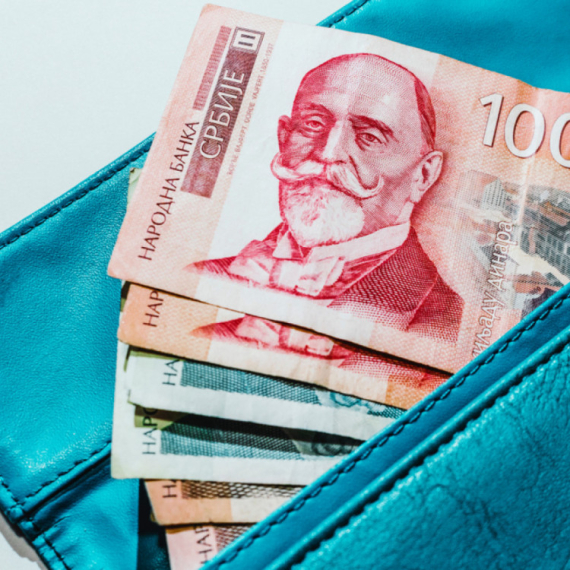






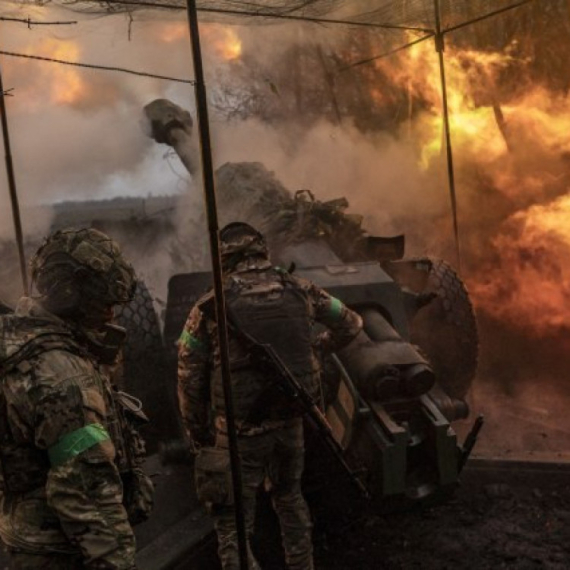

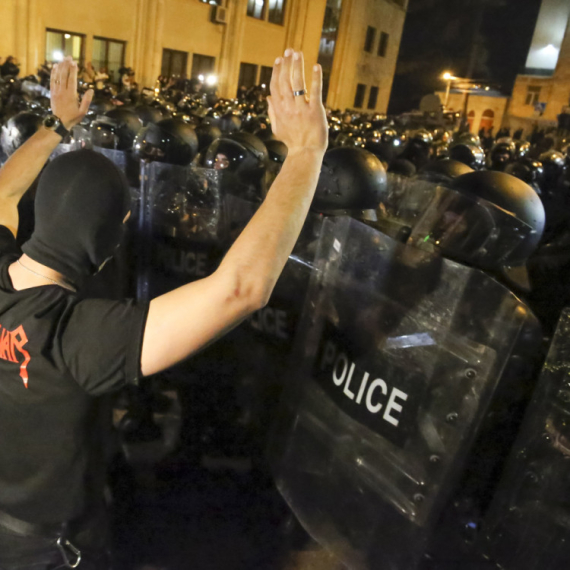










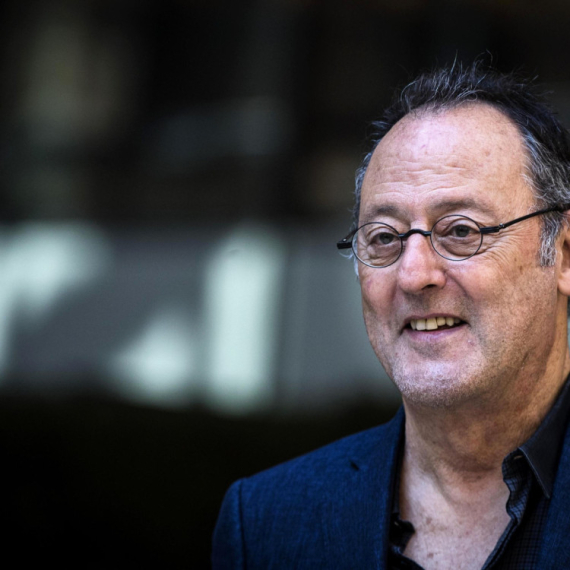





















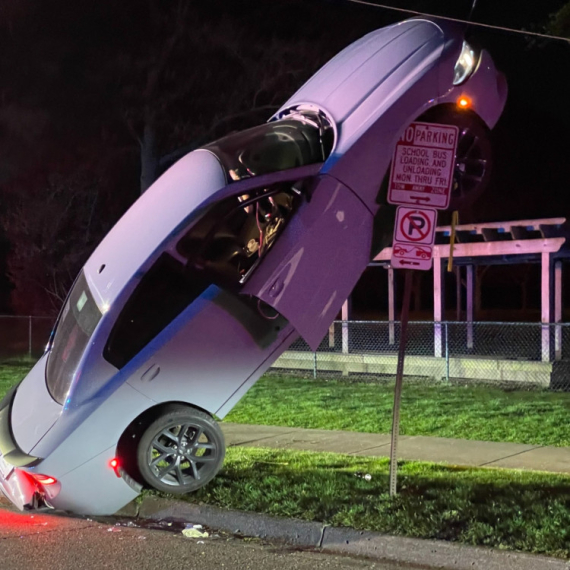

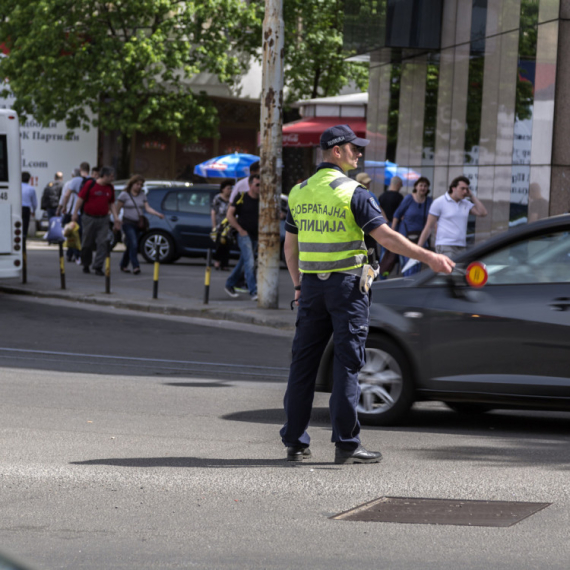


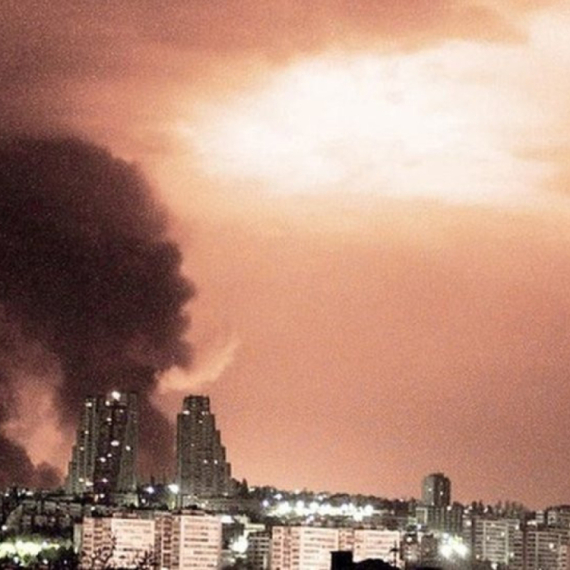



Komentari 36
Pogledaj komentare